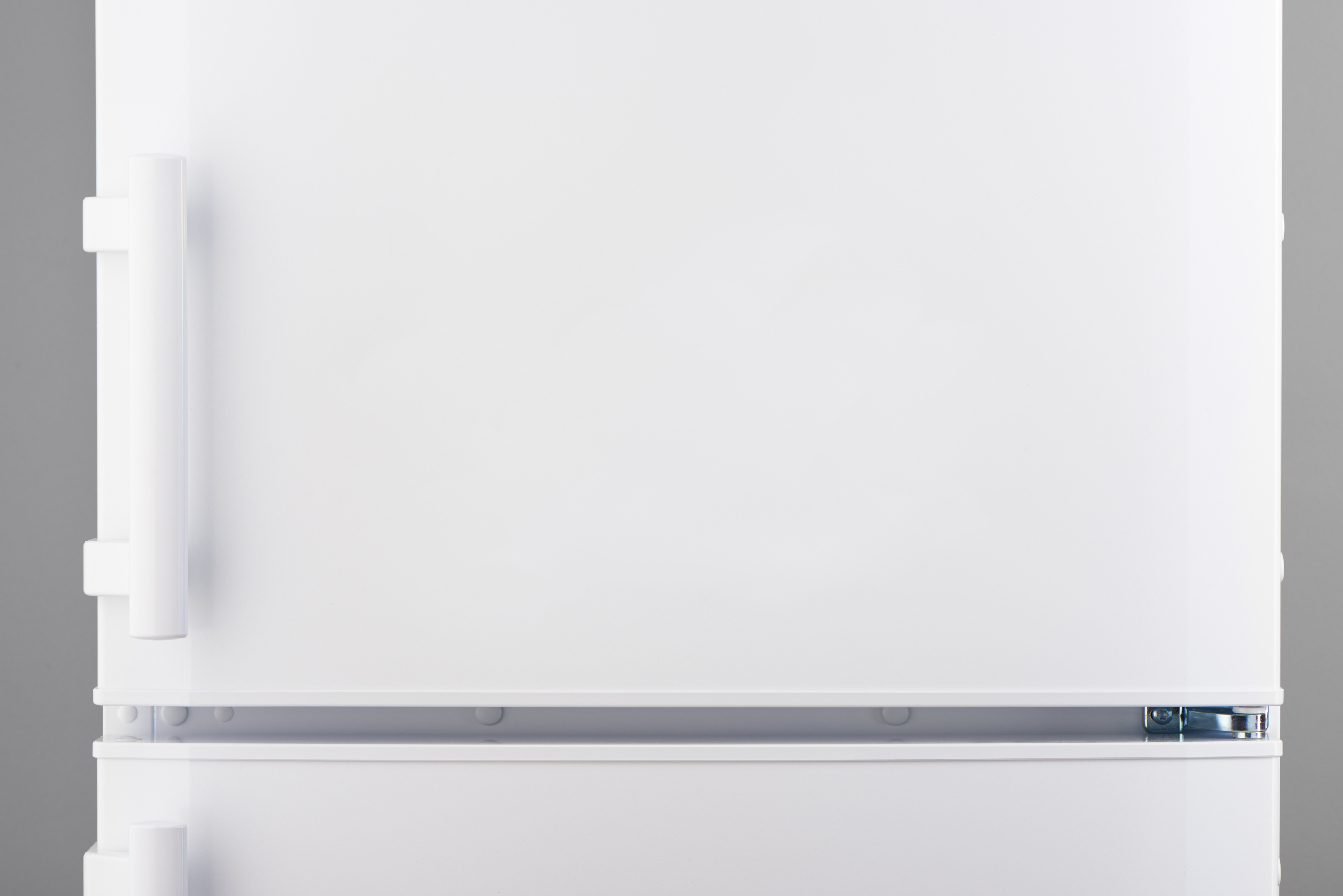
A watchdog has called for plastic-backed fridges to be “urgently” removed from sale after finding they pose a fire risk and could even hasten the spread of a blaze.
Which? said an industry-wide investigation of more than 500 of the most popular refrigeration appliances on the market found that backing material on 45% of them was made of unsafe plastic which posed a potential fire risk.
The research also found that a number of models backed with plastic which manufacturers previously claimed was flame-retardant could speed up the spread of a fire, the consumer group said.
All plastic-backed fridges, freezers and fridge-freezers on the market pass existing safety standards but Which? said the tests were “inadequate, not fit for purpose and do not come close to replicating the source of a real house fire”.
The current British Standard requires refrigeration appliances to pass a glow wire test to assess their fire resistance, involving putting a hot wire through a sample of the fridge or freezer backing material and seeing if it catches alight.
However, Which? said its own, more stringent, tests found that no plastic backing sample was able to withstand a flame for 30 seconds, indicating that in the event of a fire it would not sufficiently prevent the flame from reaching the flammable insulation used in all refrigeration appliances.
Similar testing of metal and aluminium laminate-backed refrigeration products found that none caught alight after the 30-second test, with samples of metal and aluminium laminate-backing less than 1mm thick able to withstand an open flame for a full five minutes, the group said.
It has now labelled 250 models “don’t buys” and is recommending consumers do not buy plastic-backed models.
Fires due to faults with refrigeration appliances are rare, with UK statistics showing they are responsible for just 8% of domestic fires.
But Which? is calling on manufacturers to stop making refrigeration products with any plastic backing and urging retailers to immediately stop selling them.
Which? chief executive Peter Vicary-Smith said: “People will rightly be outraged to learn that manufacturers and retailers are selling potentially unsafe products that could be putting their lives at risk.
“If manufacturers and retailers fail to act and leave plastic-backed fridges, freezers or fridge-freezers on sale, the Office for Product Safety and Standards must step in and take action.”

Enjoy the convenience of having The Sunday Post delivered as a digital ePaper straight to your smartphone, tablet or computer.
Subscribe for only £5.49 a month and enjoy all the benefits of the printed paper as a digital replica.
Subscribe